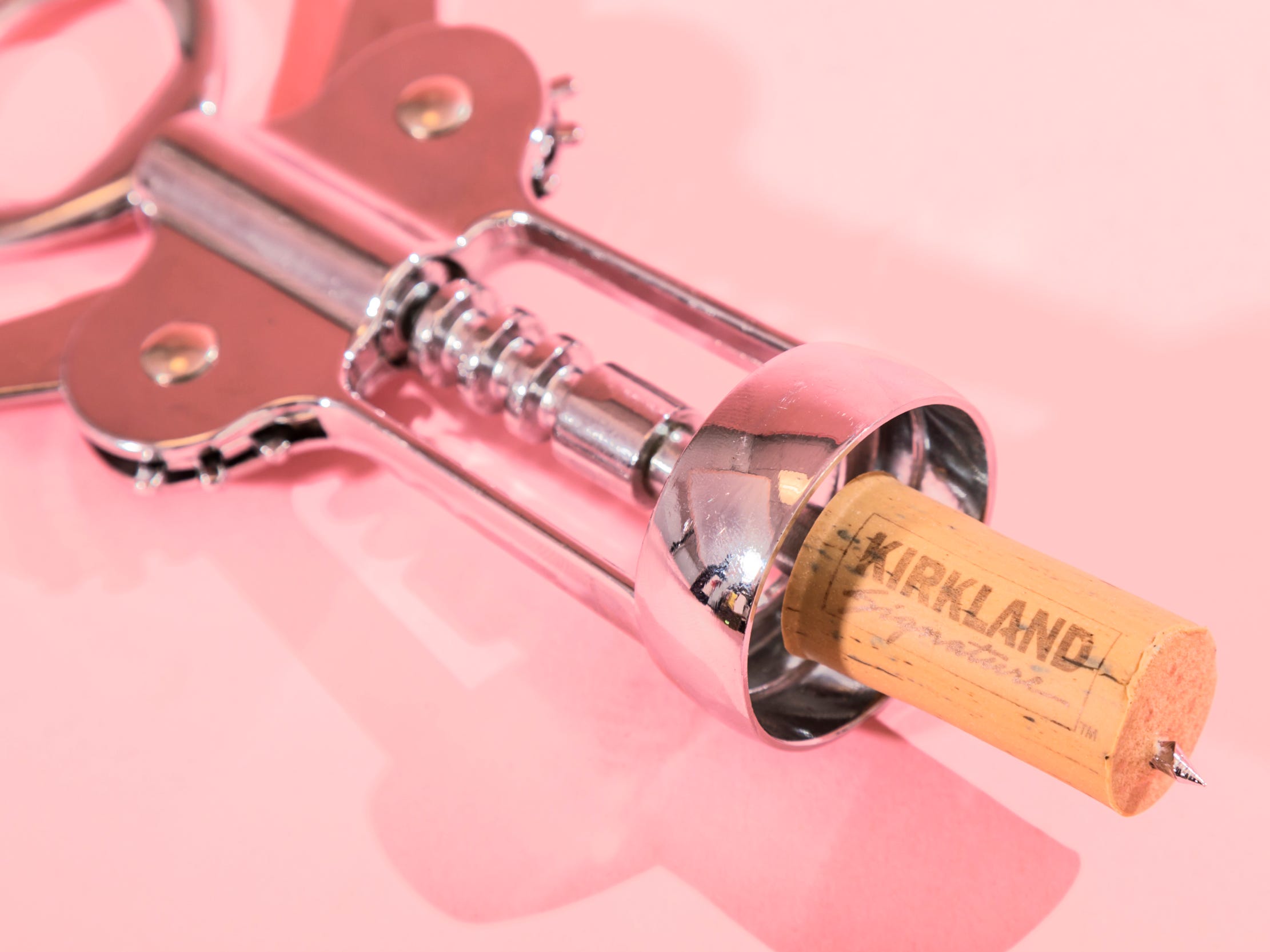
- Costco launched a new $10 bottle of rosé in collaboration with winemaker Charles Smith.
- Costco is known for its popular and inexpensive wines, and its other type of rosé flies off shelves.
- The rosé market has been surging in recent years, spurred by French producers and social media.
- Visit the Business section of Insider for more stories.
Costco is tapping into the skyrocketing rosé market with a new $10 bottle of rosé made in partnership with award-winning winemaker Charles Smith.
The K Vine 2020 single-vineyard rosé is part of Smith’s new collaboration with Costco’s Kirkland Signature brand. Along with a new K Vine chardonnay, the rosé hit Costco shelves starting this month and retails for $9.99.
In an interview with Costco wine, beer, and spirits buyer Russ York on the Costco Connection blog, Smith said that there are no chemicals involved in his vineyards and “nothing coming from a laboratory” in the wine.
"There is nothing in my wine except the grapes and the vessel they have been resting in," he said. "I make wine I want to drink."
Costco Wine Blog, a site dedicated to reviewing Costco's popular wines, gave the rosé high marks, describing it as "really juicy" and "loaded with red fruit flavor."
Costco is known for having a quality and inexpensive wine selection - many of its offerings cost less than $10 and receive glowing reviews. But the brand doesn't have many rosé offerings, and one varietal it does offer - the Kirkland Signature Côtes De Provence Rosé - typically flies off the shelves.
Its popularity may have something to do with the price (also $9.99) as well the skyrocketing rosé wine market: As of January 2017, the category had hit a valuation of $389 million annually and growing, according to Nielsen data reported by Bloomberg. Wine Spectator reported last year that rosé consumption grew 2.8% in 2019, up to 18.4 million cases, particularly imported rosé from Provence, France, which spiked 17%, up to 3.4 million cases, in 2019.
Ryan Lee, an IWSR market analyst, told Fortune's Rachel King last year that it was the French winemakers who successfully marketed rosé in the US, shifting cultural opinions that rosé can only be a sweet, fruity wine.
"This has helped grow interest in the category and greatly increase the number of rosés available," he said. "Now that rosé wine is widely known and adored, more producers - especially domestic producers - have their own dry rosés."
The fanaticism around rosé has also been spurred by innovation in the category - it comes in cans! - as well as social media: The pretty, pale pink color of rosé has historically played well on Instagram, especially during the rise of "millennial pink" beginning in 2016.
Master sommelier Alpana Singh told Insider in 2018 that the rosé obsession, particularly during the summer, has meant restaurants have to pre-order cases of rosé for beginning in February
"'RoseAllDay' is not just a hashtag," she said. "It's a cultural movement sparked by Instagram."
